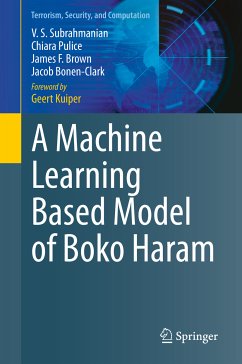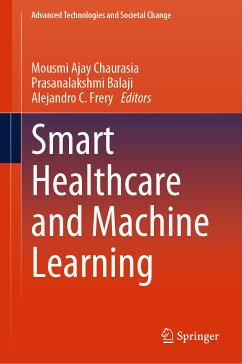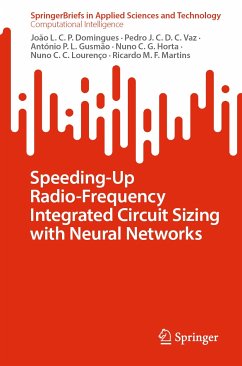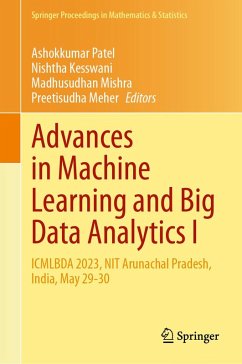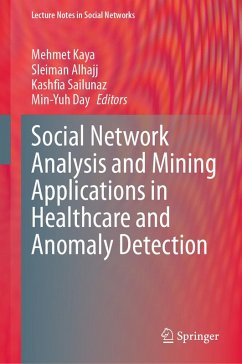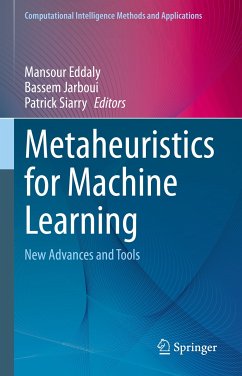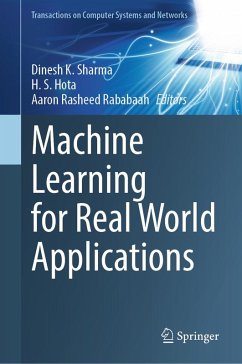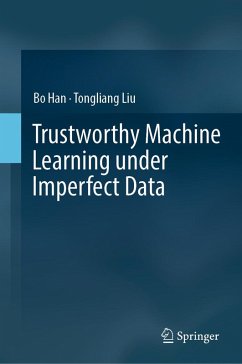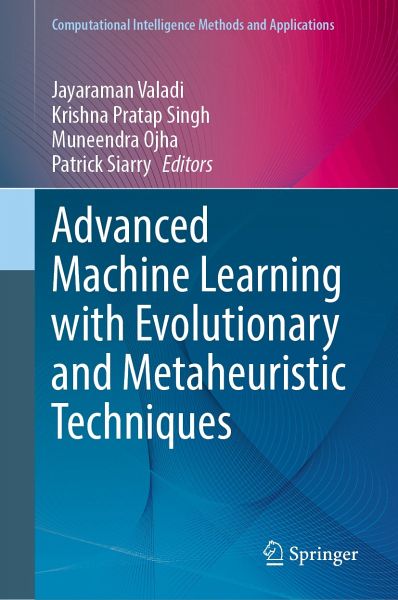
Advanced Machine Learning with Evolutionary and Metaheuristic Techniques (eBook, PDF)

PAYBACK Punkte
76 °P sammeln!
This book delves into practical implementation of evolutionary and metaheuristic algorithms to advance the capacity of machine learning. The readers can gain insight into the capabilities of data-driven evolutionary optimization in materials mechanics, and optimize your learning algorithms for maximum efficiency. Or unlock the strategies behind hyperparameter optimization to enhance your transfer learning algorithms, yielding remarkable outcomes. Or embark on an illuminating journey through evolutionary techniques designed for constructing deep-learning frameworks. The book also introduces an ...
This book delves into practical implementation of evolutionary and metaheuristic algorithms to advance the capacity of machine learning. The readers can gain insight into the capabilities of data-driven evolutionary optimization in materials mechanics, and optimize your learning algorithms for maximum efficiency. Or unlock the strategies behind hyperparameter optimization to enhance your transfer learning algorithms, yielding remarkable outcomes. Or embark on an illuminating journey through evolutionary techniques designed for constructing deep-learning frameworks. The book also introduces an intelligent RPL attack detection system tailored for IoT networks. Explore a promising avenue of optimization by fusing Particle Swarm Optimization with Reinforcement Learning.
It uncovers the indispensable role of metaheuristics in supervised machine learning algorithms. Ultimately, this book bridges the realms of evolutionary dynamic optimization andmachine learning, paving the way for pioneering innovations in the field.
Dieser Download kann aus rechtlichen Gründen nur mit Rechnungsadresse in A, B, BG, CY, CZ, D, DK, EW, E, FIN, F, GR, HR, H, IRL, I, LT, L, LR, M, NL, PL, P, R, S, SLO, SK ausgeliefert werden.



